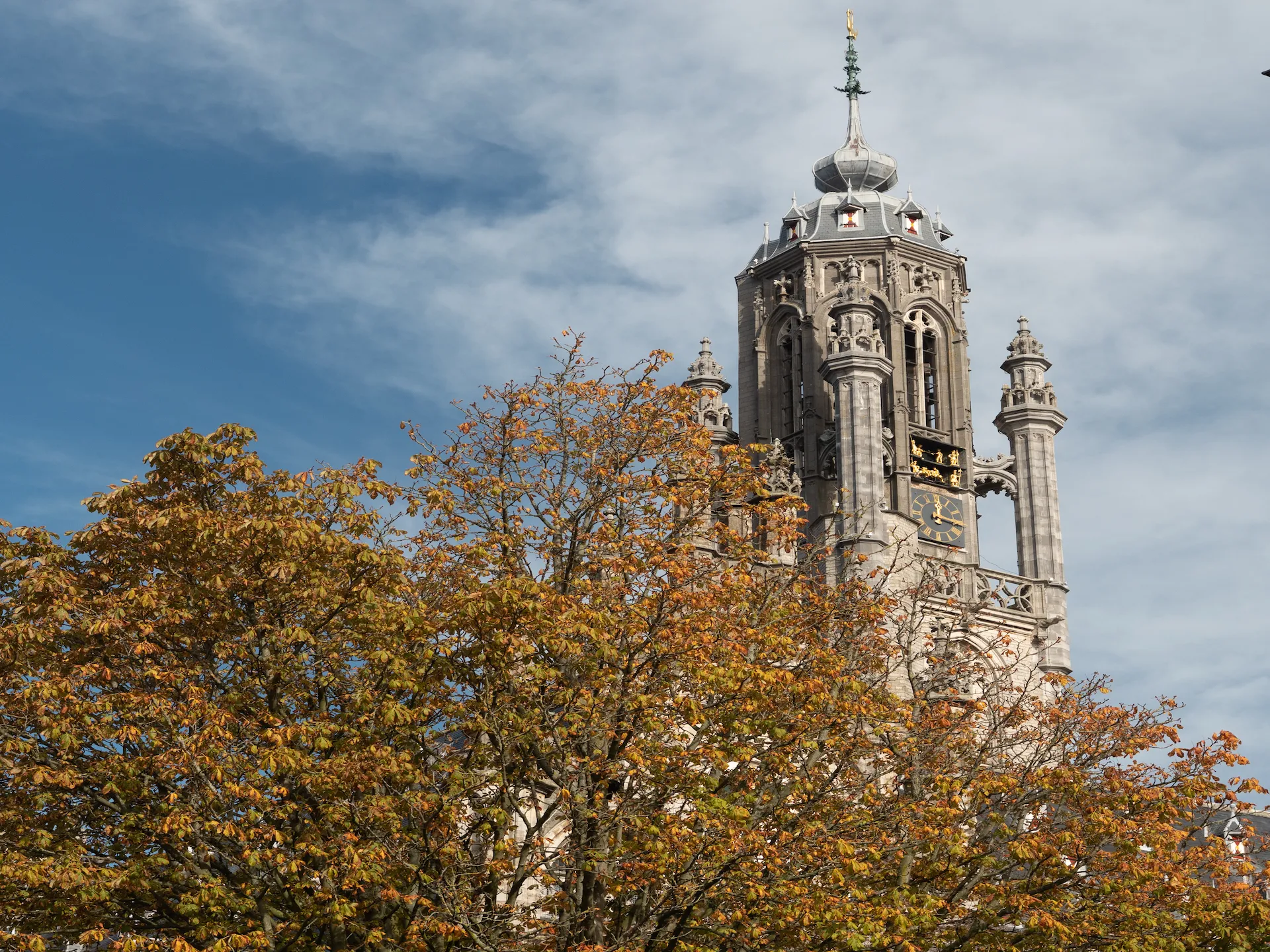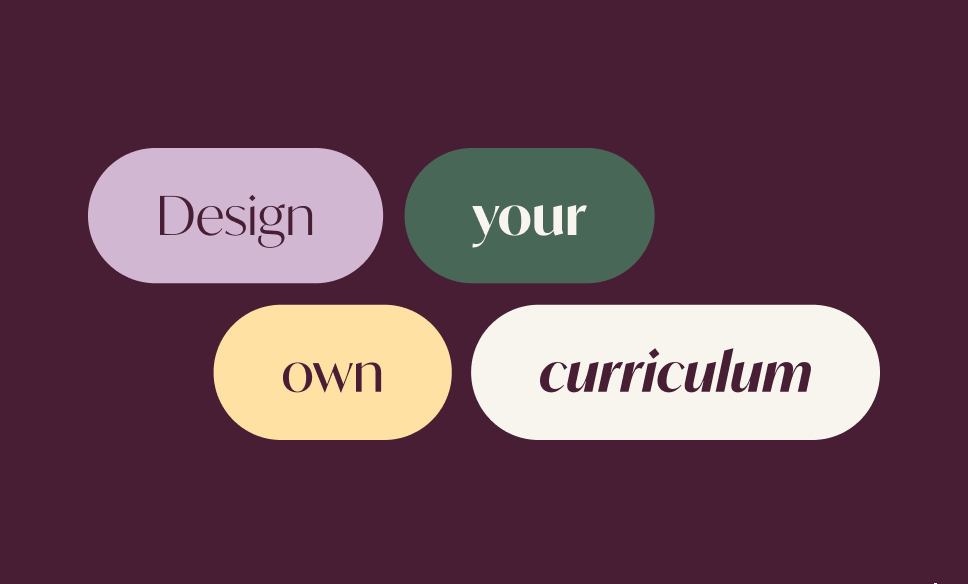Politics
Politics
Part of the Government & Society cluster.
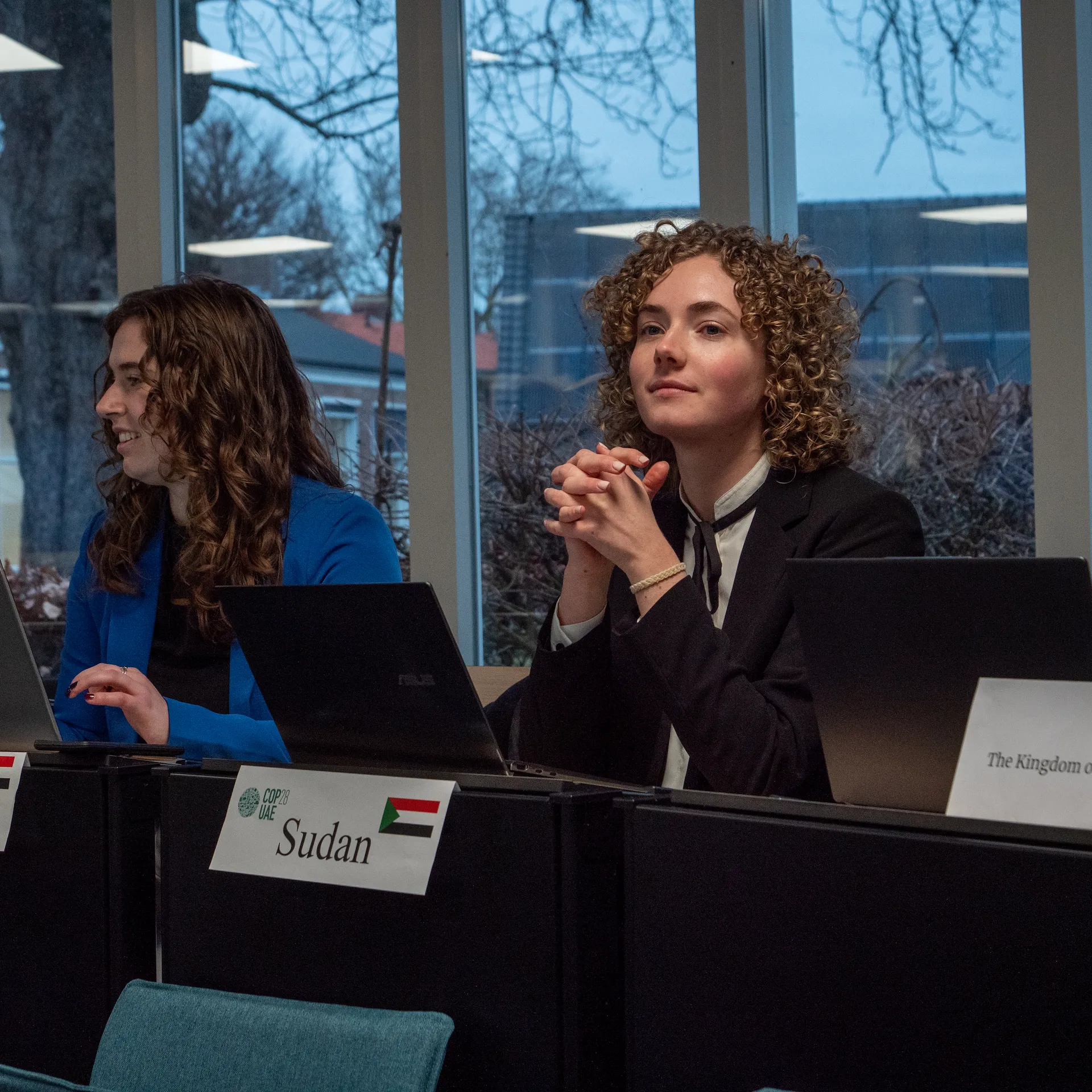
Political Science helps you understand power, governance, and conflict from the local to the global level. Examine foundational concepts like authority, freedom, and justice. You also analyze political systems, international relations, and pressing global issues. Take a closer look at European Union politics, public policy, and the roots and resolution of conflict. Across the board, you develop strong analytical skills while engaging in debates, simulations, and policy writing.
Opening up Political Science courses
100-level courses in Political Science are open to anyone. If you are interested in taking any of the 200 or 300-level courses, you should take the Thinking Across Disciplines: Dilemmas in Understanding the Social World gateway course.
Courses in Politics
Courses in Politics
Thinking Across Disciplines: Dilemmas in Understanding the Social World
Thinking Across Disciplines: Dilemmas in Understanding the Social World
Introduction to Political Philosophy
Introduction to Political Philosophy
Foundations of Comparative Politics
Foundations of Comparative Politics
Theory of International Relations
Theory of International Relations
European Union Politics
European Union Politics
Public Policy Analysis
Public Policy Analysis
Peace & Conflict
Peace & Conflict
Also consider these options:
Also consider these options:
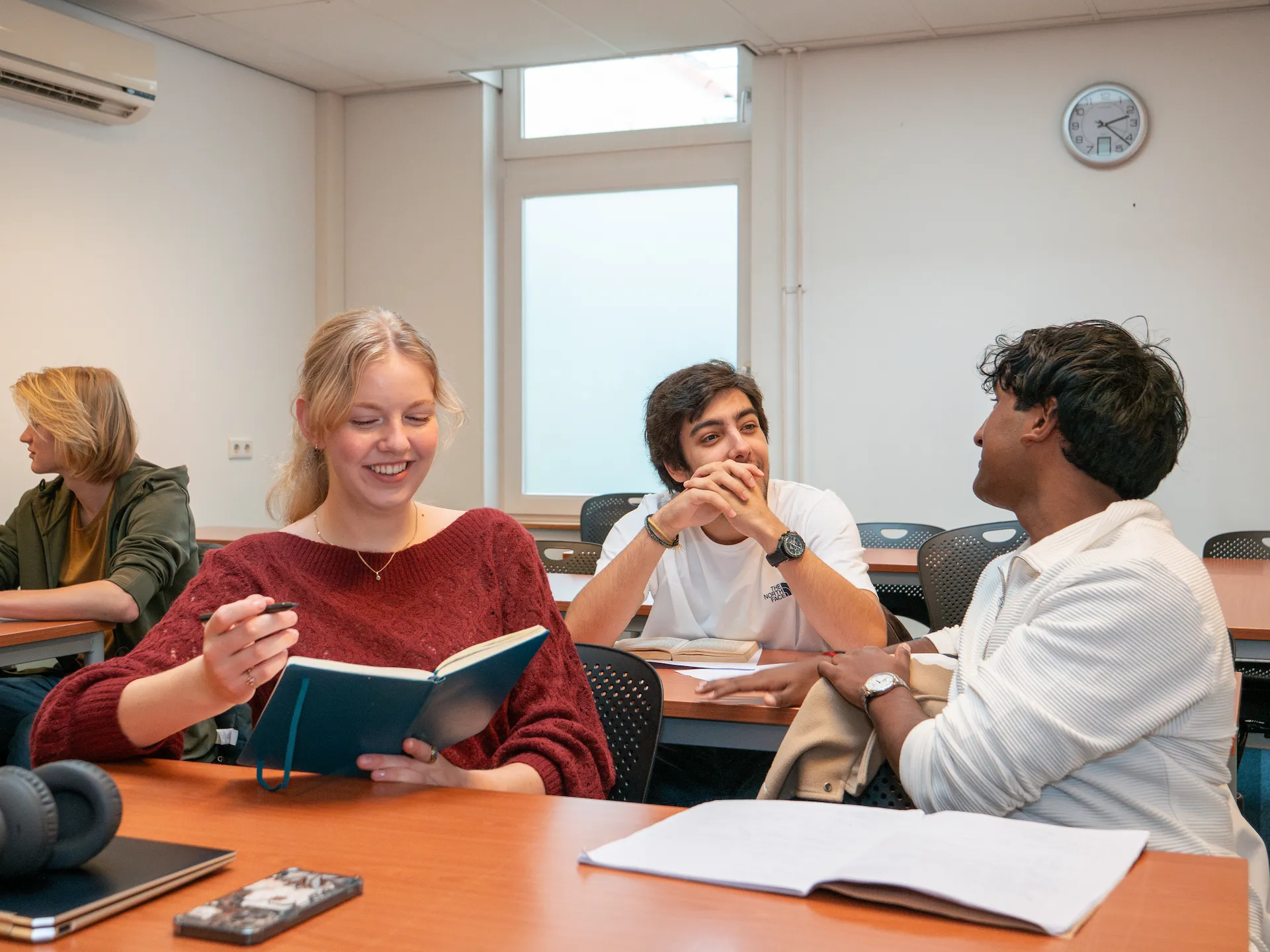
Government & Society
Government & Society
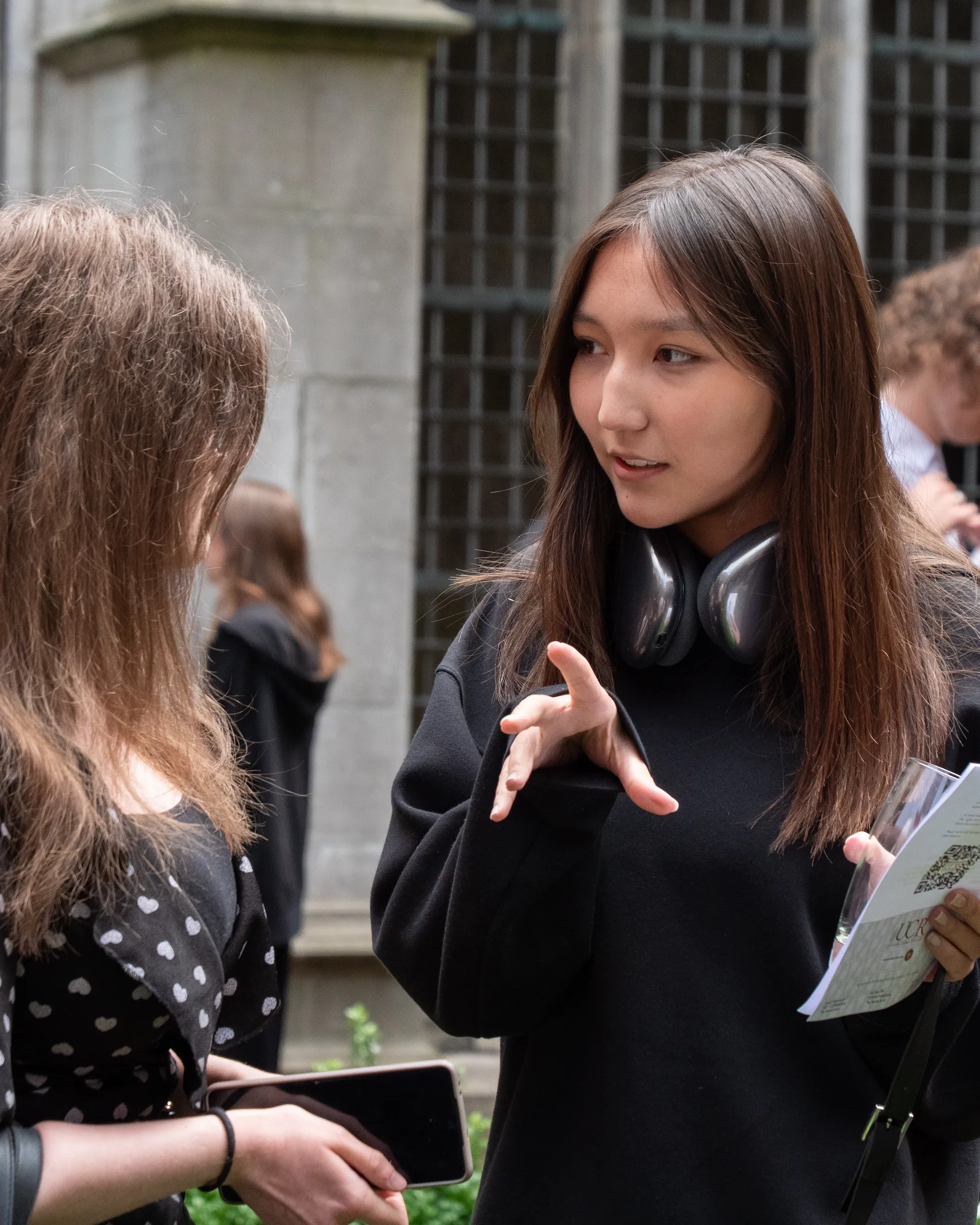
Explore Leadership!
Explore Leadership!
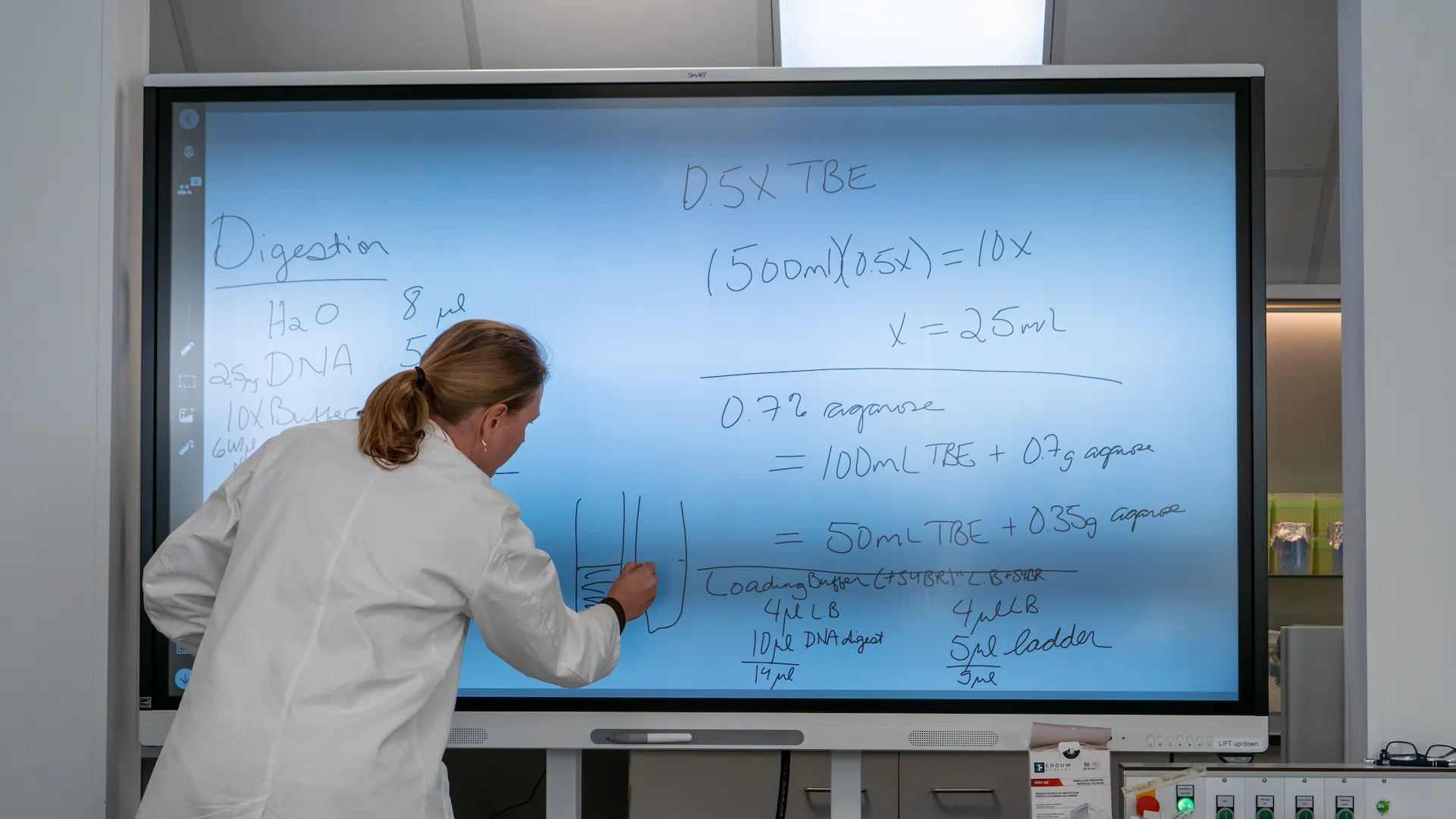
Explore Biomedical Science!
Explore Biomedical Science!
The UCR Program Builder is designed to help you easily plan your academic program. Step by step, the tool guides you through selecting courses, building a balanced curriculum, and meeting UCR’s academic requirements.
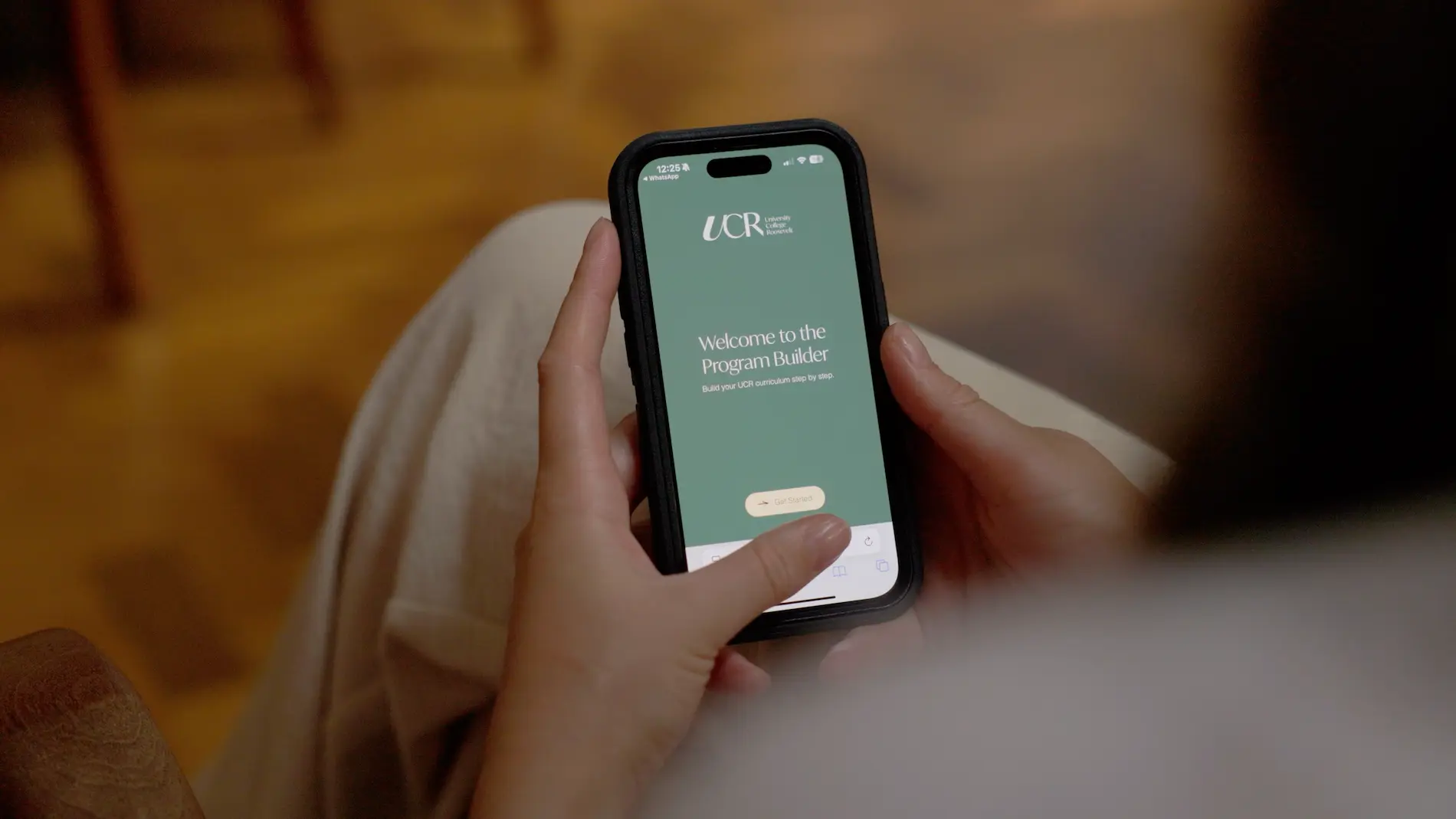
The UCR Program Builder is designed to help you easily plan your academic program. Step by step, the tool guides you through selecting courses, building a balanced curriculum, and meeting UCR’s academic requirements.
